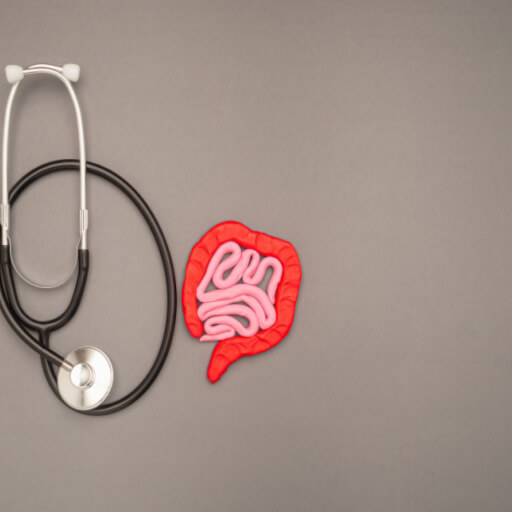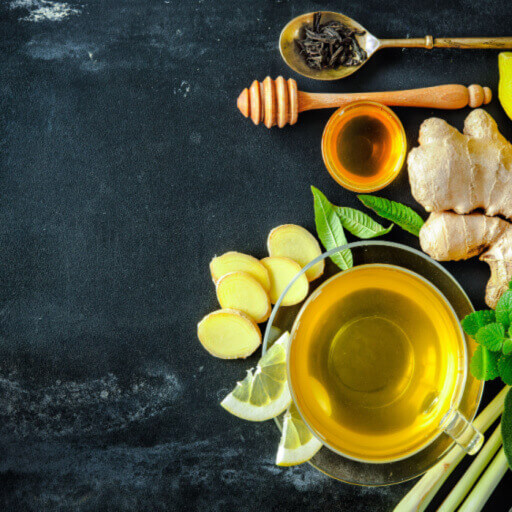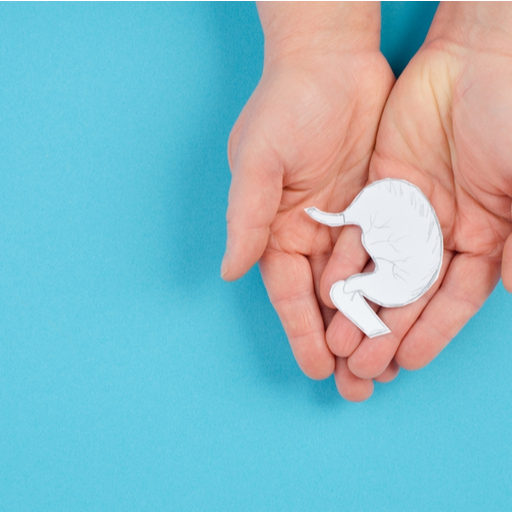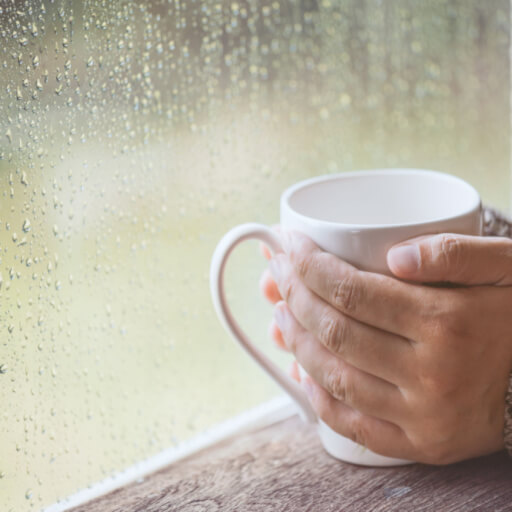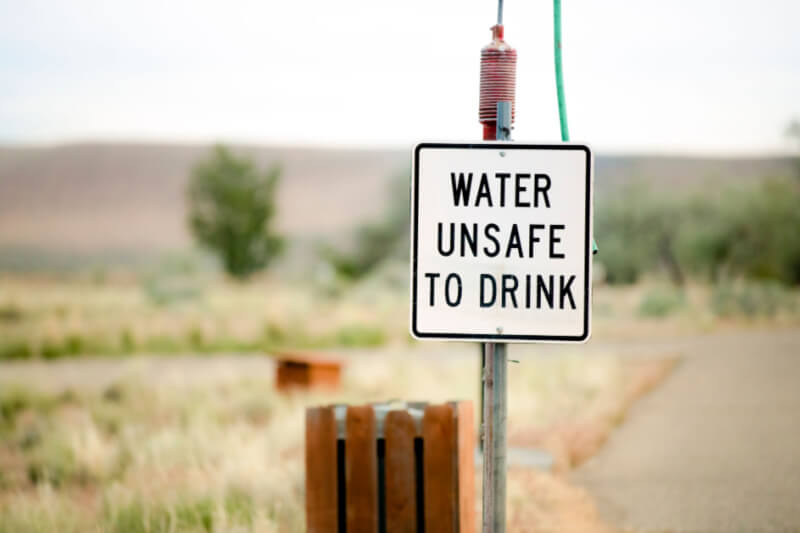
Craving for puchkas or bhajjis in the monsoon season? Hold your horses. As much as you like the pitter-patter of rainfall with the accompanied food cravings, you cannot turn a blind eye to the many water-borne diseases monsoon brings with it.
Types of water-borne diseases
The high moisture content in the air allows many harmful microorganisms to thrive, leading to disease transmission. When drinking water comes in contact with bacteria, it can cause many water-borne diseases, such as cholera, typhoid, diarrhea, dysentery, gastroenteritis, and dermatitis.
- Cholera is a common water-borne disease wherein the bacteria strain (Vibrio cholera bacteria) attaches itself to the digestive tract. The symptoms include excessive diarrhea and vomiting, resulting in electrolyte imbalance, muscle cramps, and dehydration.

- Typhoid, caused by S. Typhi bacteria, spreads due to poor sanitation and consumption of uncovered contaminated food and water. The symptoms include headache, abdominal pain, sore throat, and joint pain.
- Monsoon is when bloating, acidity, nausea, constipation, food poisoning, diarrhea, and gastritis are at their peak. Gastrointestinal infection is caused due to consumption of uncovered, stale, and contaminated food and water.
- Microbial and parasitic infections cause inflammation in the intestine, which leads to dysentery.
- Hepatitis A is another disease that is transmitted through contaminated water and food. It can vary from mild to severe illness, which can also affect the liver. It carries symptoms such as fever, fatigue, yellow eyes, dark-colored urine, and tenderness in the stomach.
It is advisable to consult a doctor, take the prescribed antibiotics, rehydrate, and maintain proper hygiene and sanitation.
Ways to prevent
There are many preventative measures you can take to avoid water-borne diseases. Here are specific tips you can follow for a healthy digestive system during the monsoon season:
- First, wash your hands thoroughly before and after handling and eating food.
- During this season, your digestive system becomes sluggish and lethargic because the roadside food imparts a heated thermal effect on your body. So, avoid streetside food, especially during monsoons because of puddles around these streetside stalls that are breeding grounds for insects. Thus, it is best to refrain from consuming fried, spicy, roadside food since food displayed in the open is exposed to flies and dust that can cause many diseases.
- Wash all food items thoroughly before consuming them, especially the vegetables that are consumed raw.
- Take small sips of fluids continuously throughout the day to prevent dehydration. You can even drink boiled water to ensure there are no impurities in it. Avoid drinking water from unknown and unhygienic places.
- Eat seasonal vegetables and reduce your sodium, oil, and fats intake as they can harm your health.
- Protect your gut health with probiotic foods like yogurt, curd, buttermilk, and pickled vegetables, so your digestive system functions effectively.
- Store drinking water in covered vessels or clean bottles.
- Keep your surroundings clean. Ensure that water does not accumulate near your house.
To get more information on #HealthyMonsoonsWithActivLiving, participate in the Activ Living community, where you can find more details on mindfulness and nutrition.





 1800-270-7000
1800-270-7000

